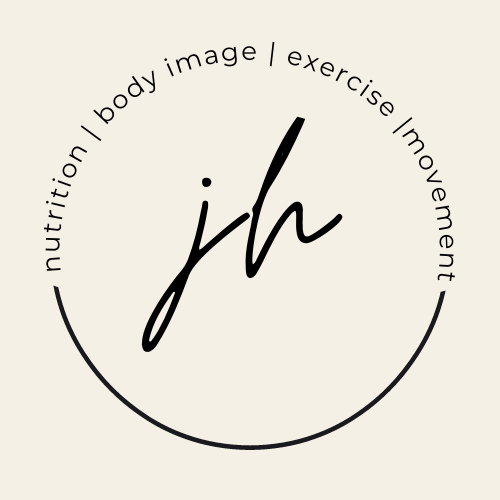Calories in vs. Calories out
I know I’m not the first dietitian to write a post on this subject, and I certainly won’t be the last, but I think this information needs to live here because its just so darn important. For decades people have been depriving themselves of much needed fuel in an effort to lose weight. We’ve relied on measures of pounds, inches, and indexes to tell us if we are in fact healthy or if we are just slowly digging our own grave.
Now, I admit one of the reasons I even went to school for nutrition in the first place was because I wanted answers. I wanted to know the magic numbers too.
How many pounds should I weigh?
How many calories should I eat?
How often should I exercise?
What types of exercises should I do?
Surely I could figure that all out in 5 years, right?
Eh… no. There’s new research coming out everyday about factors that can effect our weight and overall health. However, one little formula still tends to linger and it goes something like this:
"It’s just calories in vs. calories out!"
Now I’m not going to sit here and tell you that the amount of calories you eat has absolutely no affect on your weight. However, I am going to show you that this is an extremely oversimplified equation that your body does not know how to calculate.
So here’s how this formula works (on paper).
An average person burns about 1500 calories at rest (not performing any activities of daily living), and maybe somewhere about 2,000 calories throughout the day.
That means if you eat 2,000 calories of food, ANY FOOD, you will maintain your weight.
3,500 calories = 1 pound (lost or gained).
If you restrict 500 calories per day, you will lose 1 pound per week.
Looks like my math is correct... so, what's the problem?
The problem is that this would require that there was nothing else, ever, influencing how many calories you intake (the food you eat) and the calories you output (the energy you burn).
Let’s take a look at some of our influencers below.
Factors that influence how many calories we eat: our environment, how many hours of (quality) sleep we get, our emotional state, our body fat percentage, our hormone levels, and our blood sugar levels.
Factors that influence how many calories we burn: exercise (duh), our lean body mass, our balance of gut bacteria, how many hours of sleep we get, our hormone levels, and our immune function.
Here, if we take an even closer look, it's apparent that the factors that influence our input, can affect the factors that influence our output. For example, high blood sugar levels (or excessive sugar intake) can alter the balance of our gut bacteria. This can make it harder for us to lose weight, and easier for us to crave high fat, high sugar foods. Additionally, lack of sleep can affect our hormone levels, again making it more difficult for us to lose weight, and making it easier for us to crave those high fat, high sugar foods.
I could go on and on, but the point is, even if we calculate every calorie that goes into and our of our bodies, there are still a variety of other metabolic processes that effect both how much we weigh and our general health status. This is why a lot of people who consistently go into cycles of restricting and ‘cheating’ always have trouble finding that harmonious place of weight maintenance.
This is why when I work with my lovely clients we FIRST tackle all of the influencing factors and THEN we talk about calories. (Secret: it rarely ever gets to that point)!
Also, let’s not forget, weight is not the only measure of good health. The truth is no number, metric, or formula is going to be able to give you the whole picture. The only place that really exists is within you.
So before stepping on the scale or thinking of all of the “shoulds” (I should be exercising, I should be eating less), ask yourself some internal feedback questions:
When I wake up in the morning, do I feel happy? Energized?
When I think about eating, how does it make me feel? Excited? Stressed? No Reaction?
What am I hungry for? Why?
Am I full? Am I satisfied?
What am I craving? Why?
All of these questions can be secret doors to figuring out what your body needs to work optimally and can be the beginning of a lifelong practice of feeding your body intuitively. No counting required.
I could go on and on and on about this subject, but I want to turn it over to you. Do you count calories? How has it worked for you? Have you tried any other measures or methods to help lose or maintain weight? Increase your energy levels? Let me know in the comments below.

